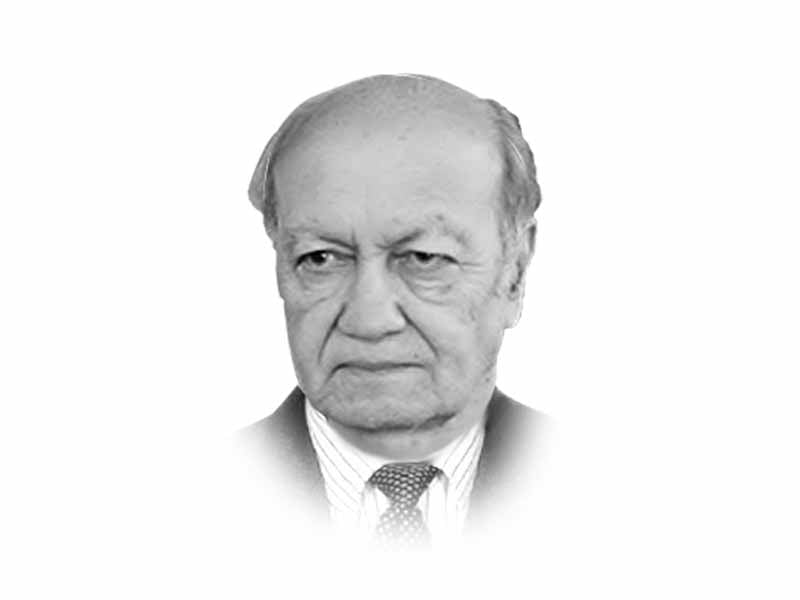
It is fairly obvious that the present government is not geared to steer the country through the various crises it is facing. Its domain is restricted to the federal capital by a thin majority which could also unravel any time if coalition partners’ demands are not met. The answer lies in going for national elections as PTI leadership is demanding. A fresh mandate and support of the people will strengthen the government to take hard decisions and place the country on the right path. In due course, it will give confidence to the IMF, other international organisations and major powers to engage and invest in Pakistan. Apparently, the PML-N rationale to hang on to power is to improve its prospects in the next election. It is also emboldened as it seems to enjoy the support of the military establishment and has PPP and MQM as its coalition partners. On the contrary, indications are that despite these alliances and crutches, PML-N would be unable to turn around the economy with apprehensions of further decline. With PTI leadership and its coalition partner, PMLQ, having taken the bold step of dissolving the Punjab and KP assemblies and going for reelection, scope for maneuvering and political engineering is considerably reduced.
PML-N policies are proving to be ineffectual in many other aspects. It is losing its base support in Punjab. Whereas, if PML-N decides to go for early elections despite a poor turnout in its favour, at least future prospects would be better. And the public trust in state institutions, armed forces, bureaucracy and election commission would be shored up.
Timely and fair elections are a must for several other good reasons. It would help in managing and maintaining a moderate national course and reduce influence of state institutions in politics. A credible government is looked upon with respect by major powers which are inclined to support its economic revival. The reverse is equally true as they are uncomfortable with shaky and interim arrangements.
There is likewise a need for the bureaucracy and military leadership to look inwards if Pakistan has to change. Besides other factors, the involvement of the army in politics has not allowed democracy to mature and institutions to develop. In the power-sharing arrangement, it is difficult to clearly identify failures and setbacks as national power is so diffused. It lacks transparency and is out of sync with the Constitution and well-proven democratic practices. Without proper accountability, it is a free for all as we have witnessed over the years. The myth that any one institution is superior to the other in terms of efficiency and other attributes does not hold true as experience has shown. When there is decline, it is practically widespread. Similarly, when there is progress and dynamism in society, it is generally all encompassing.
Politicians generally have their favourites among bureaucrats. It is natural but the criteria should be professional efficiency and competence and not considerations of ethnicity, provincialism or political leanings. Politicians have to change in how they deal with bureaucrats and not draw them into politics. On the contrary, what we are witnessing at the federal and provincial level is that bureaucrats are frequently preferred on the basis of their political affiliation, although they are supposed to be apolitical.
The other disturbing aspect is that the present ruling coalition, like most of the previous governments, has given scant attention to social justice. In Pakistan it is hard to recall if ever any government has been citizen-centric. People have mainly relied on private philanthropic organisations and are at the mercy of market forces. Unfortunately, the capacity of these institutions is shrinking with donations going down as the economy suffers. The Benazir Income Support Program however in a modest way does contribute to alleviating the misery of a small cross-section of the poor. Apparently, they would be releasing the quarterly installment of Rs7,000 for the year 2023, which could at best be sufficient for a month only. The recent devastating floods have destroyed entire villages and caused enormous damage to infrastructure and homes of the poor. It has seriously affected their livelihood. UN Secretary General Antonio Guterres made an appeal for massive global support for countries affected by climate change. Promises were made by major powers but Pakistan has received only small amounts so far.
Apart from natural disasters, Pakistan is facing multiple security challenges that have a bearing on the stability and economy of the country. The Tehrik-e-Taliban Pakistan (TTP) has turned out to be a serious challenge to the integrity of the state. While most of its militant groups are based in Afghanistan, it is trying to expand its influence into erstwhile parts of tribal belt in KP and further south and east. The lax attitude and ambiguous policy of Afghan Taliban leadership towards TTP tilts clearly in favour of the militant group. Apparently, it is a payback as TTP remained their companion in arms during their fight against the US occupation. This has emboldened the TTP to adopt an aggressive policy toward Pakistan. The Taliban government, in allowing this freedom of action to TTP, is flouting international and regional obligations and ignoring the reality that Pakistan, along with China, is among the few countries that have supported the lifting of sanctions and canvassed for financial assistance to the Taliban government. Pakistan, apart from using kinetic force, must take effective measures to improve the economic conditions of former tribal areas. Poverty, poor governance and disturbed border conditions have given rise to smuggling and trafficking — something that is taking a heavy toll on the people.
The Indian hostility toward Pakistan and its human rights violations in Kashmir continue unabated while the international community looks the other way. Principles and international obligations are set aside for economic and strategic considerations.
To effectively tackle these complex internal and external challenges, there has to be a government that enjoys the support of a large cross-section of its people.
Published in The Express Tribune, January 18th, 2023.
Like Opinion & Editorial on Facebook, follow @ETOpEd on Twitter to receive all updates on all our daily pieces.


















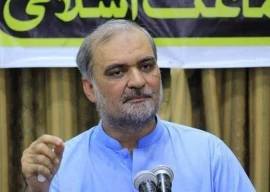
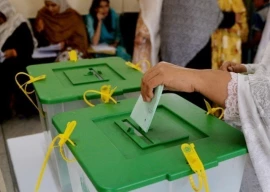
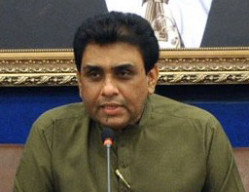

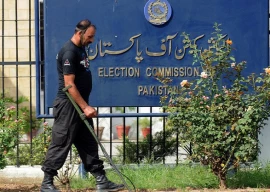
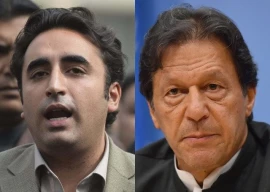



1714474238-0/WhatsApp-Image-2024-04-30-at-3-49-00-PM-(1)1714474238-0-270x192.webp)










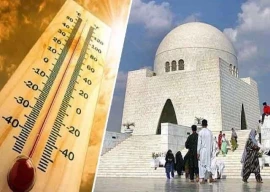
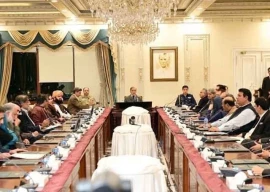
-(1)1714378140-0/AliAminMaryam-(4)-(1)1714378140-0-270x192.webp)

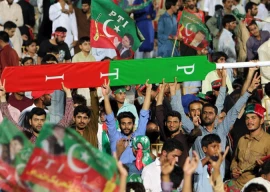






COMMENTS
Comments are moderated and generally will be posted if they are on-topic and not abusive.
For more information, please see our Comments FAQ